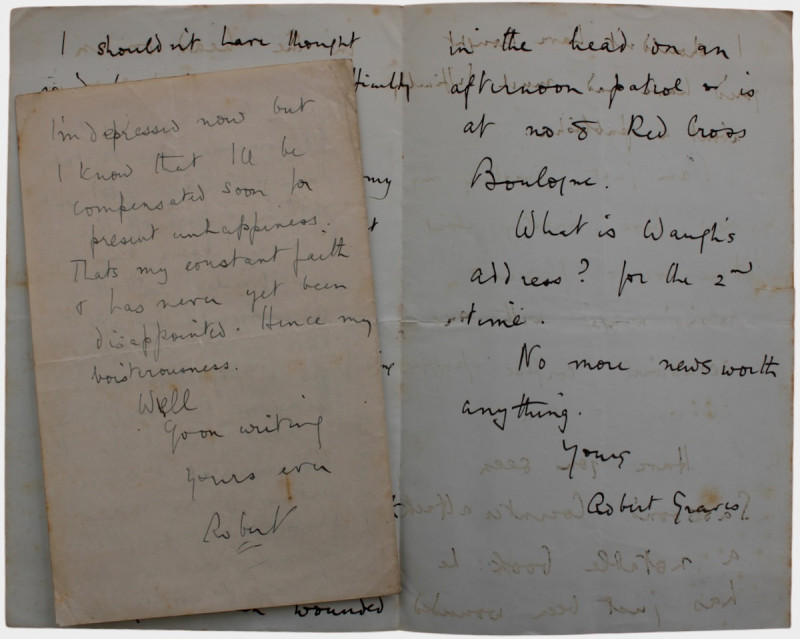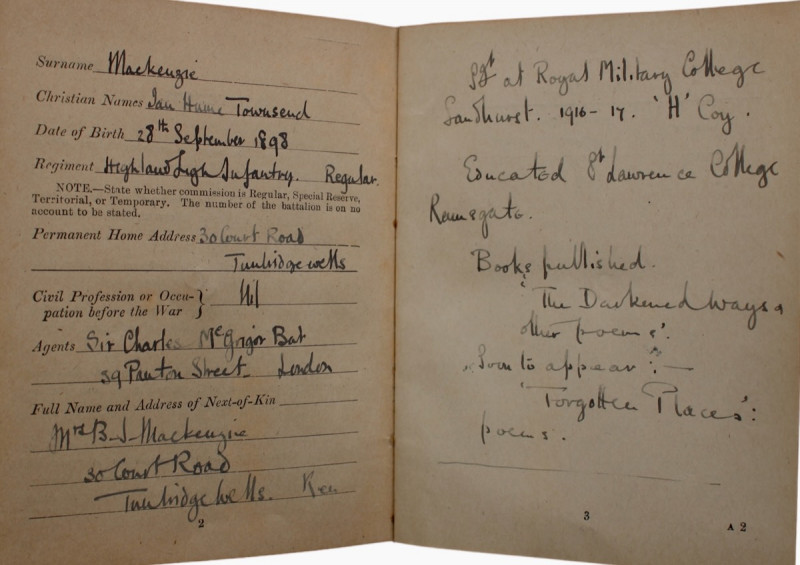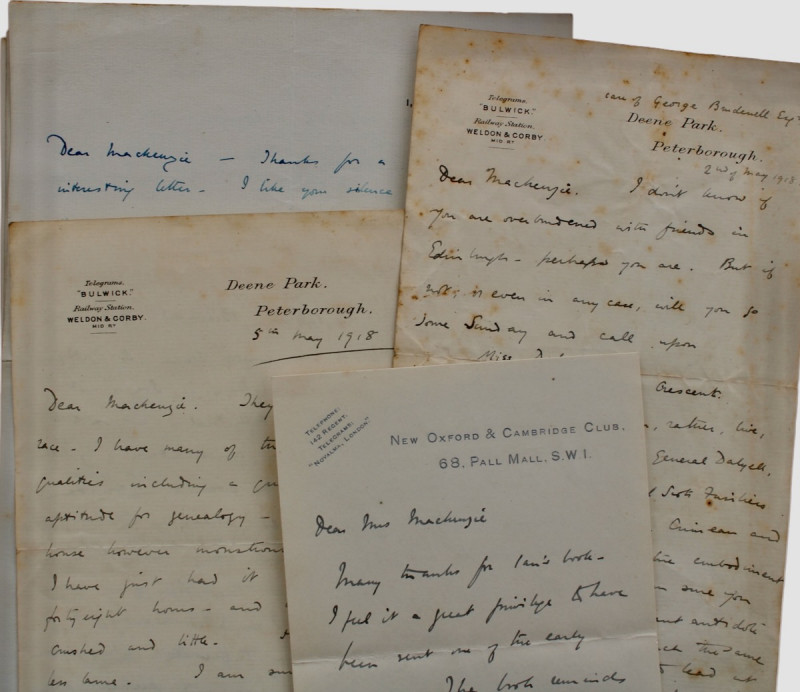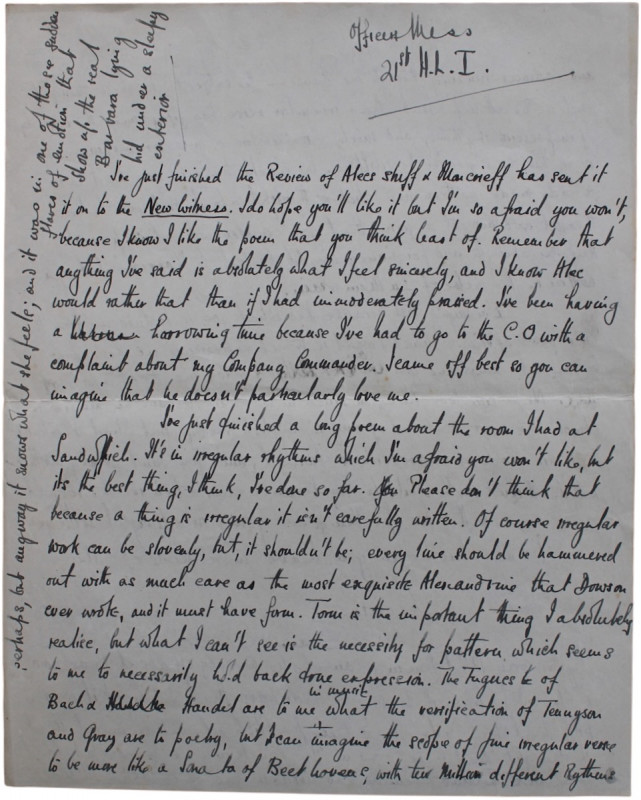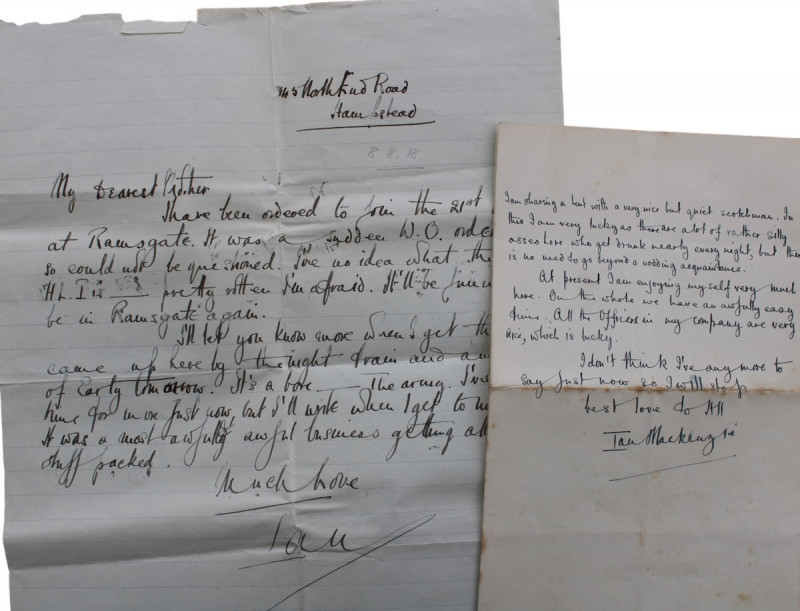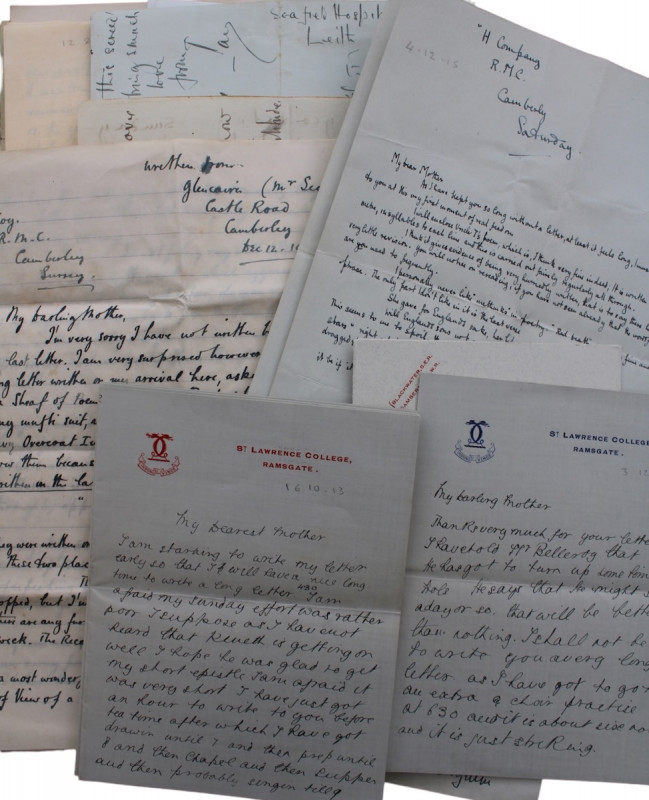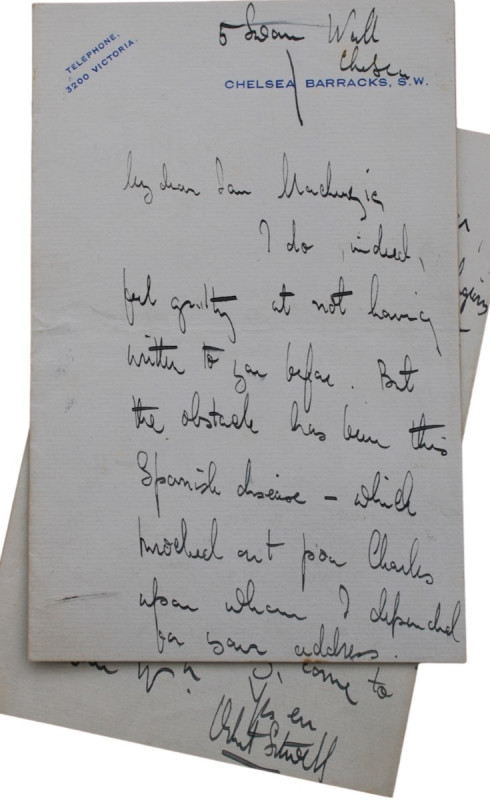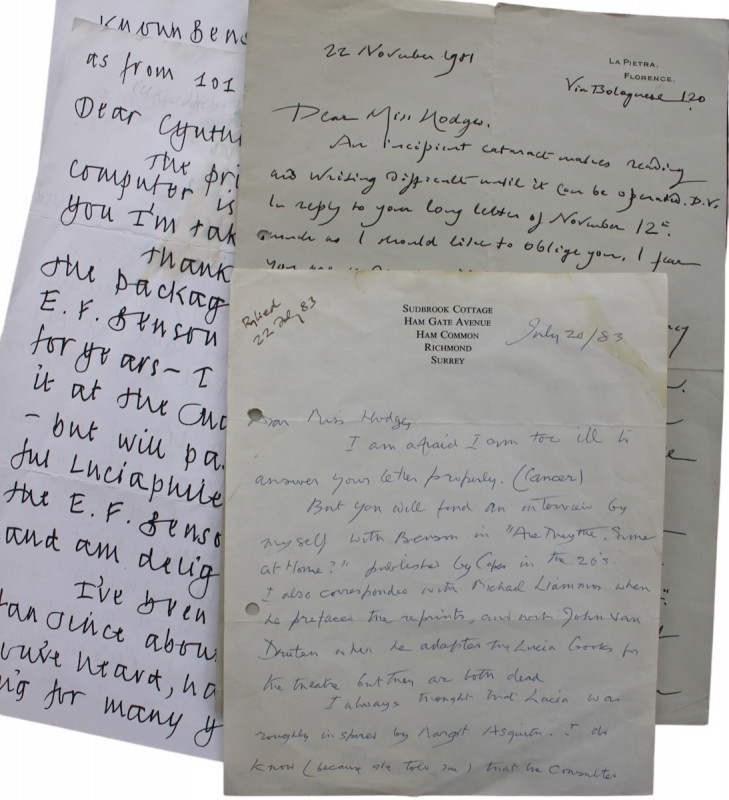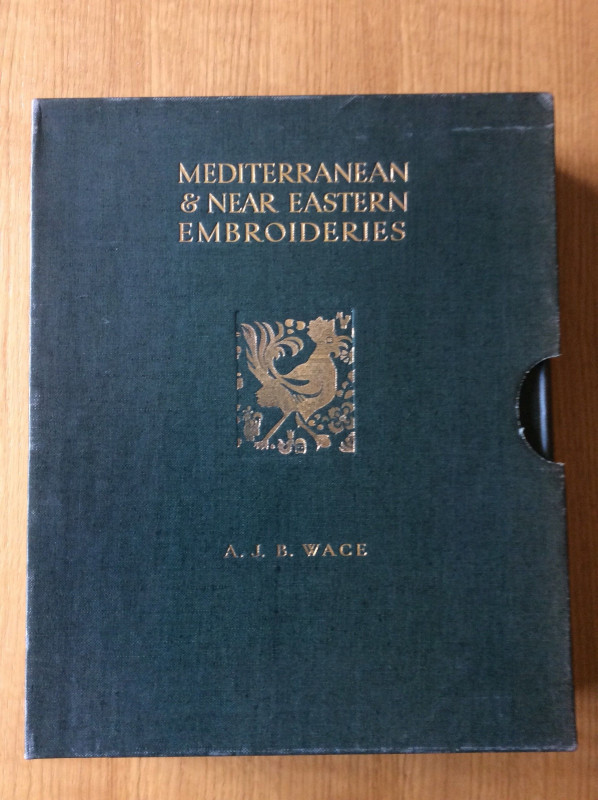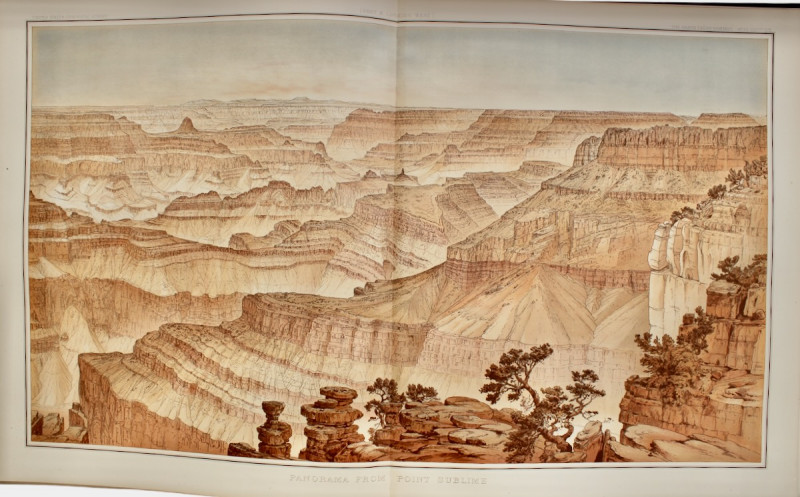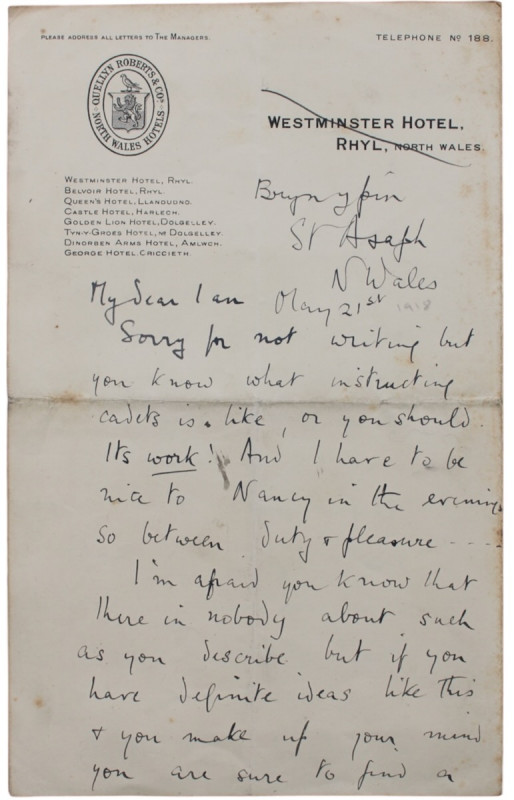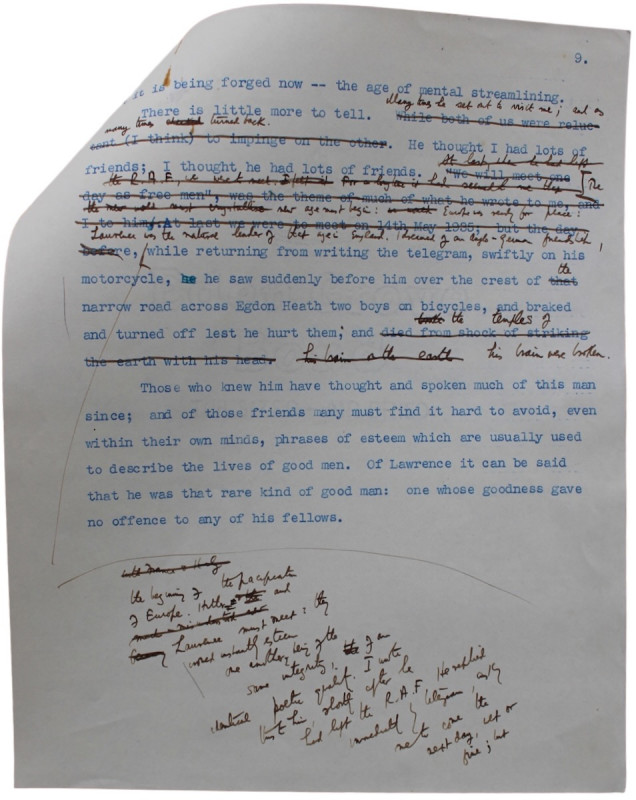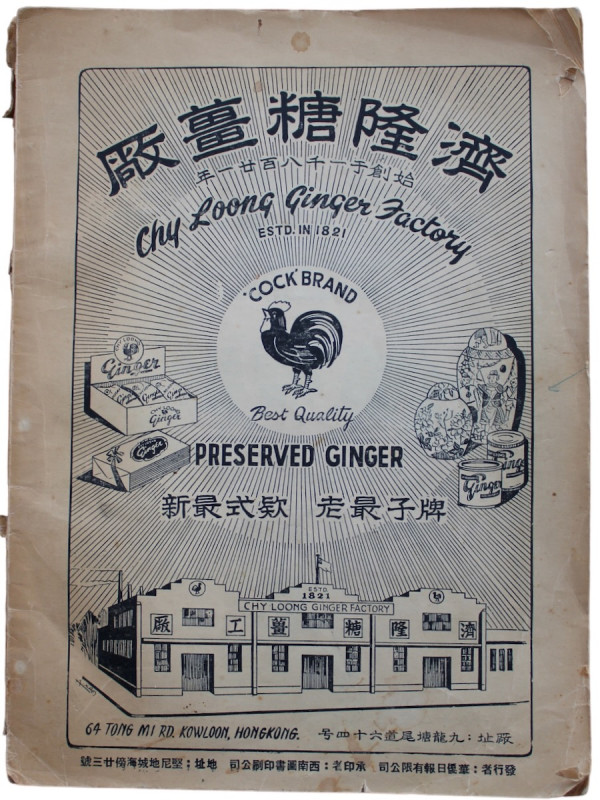Extensive archive including letters from Robert Graves, etc.
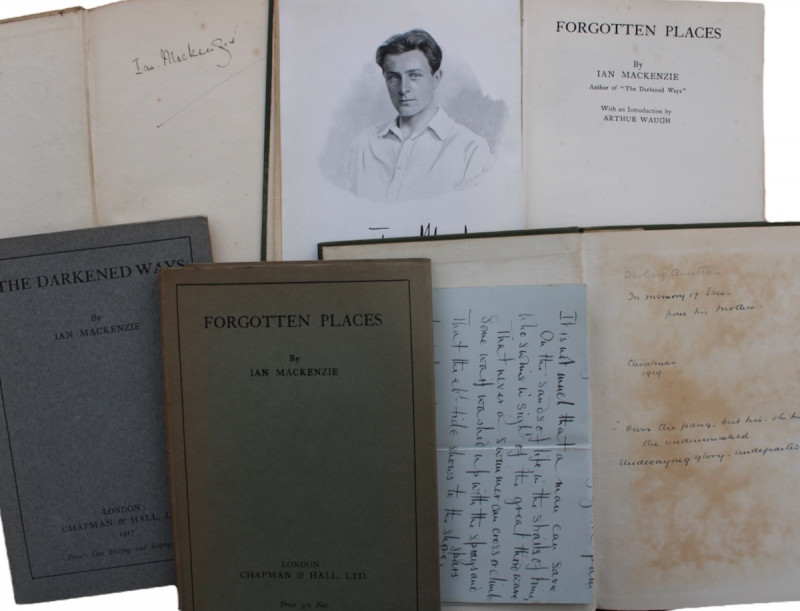

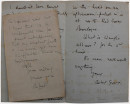

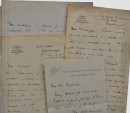
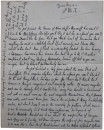

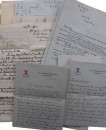

Book Description
Ian Mackenzie. Poet, Soldier, Friend.
“I am thus in love with the world and so I see the value of goodness for the world not for God.”
Ian Mackenzie died of pneumonia on Armistice Day-11 November 1918. He was twenty years old. A period at Sandhurst was followed by a commission in 1917 to the Highland Light Infantry- the same year that two of Mackenzie’s poems were published in a slim volume entitled More Songs by the Fighting Men. Mackenzie, however, never had the opportunity to be a “fighting man” as he was rejected for active service in France due to a weak heart. His fight was “to refashion the earth with the joy of things.” (Desire, More Songs by the Fighting Men.) As a testament to his extraordinary gift for friendship the tributes which followed his death are both moving and poignant. Particularly striking is the range of letters written to his mother, such is the effect that Mackenzie had on all who knew him. A fellow officer writes: “I just worshipped him. The terms were one long attempt to hide how desperately I loved him.” Another talks of “his physical grace and beauty”, before claiming “if he had lived surely he would have surpassed those other mediocre soldier poets.” In the preface to the posthumous volume of poems, Forgotten Places, published in 1919, Arthur Waugh, father of Alec and Evelyn, describes “one of the most lovable natures and one of the tenderest friendships” before concluding that Mackenzie “possessed many of the physical attributes of a young pagan divinity.” Mackenzie had stayed regularly with the Waughs at their home in Hampstead and formed close friendships with several members of the family. Other tributes that followed his death came from a circle of friends that included Charles Scott-Moncrieff, Alec Waugh and Robert Graves. Graves and Mackenzie were particularly close as evidenced both in a letter Mackenzie wrote to Alec Waugh; “Robert is one of the most amiable friends I’ve got…He is a dear.” as well as in the two surviving letters that Graves wrote to Mackenzie; “when I have time…I’d love to have a look at your M.S & possibly get someone to take them.” Graves is protective of Mackenzie, “cheer up, old moustache, all is right in the end, always,” as he sympathises with him, “I am so sorry you can’t get a publisher.” Graves discusses other poets, “Have you seen Sassoon’s Counter Attack a notable book: he has just been wounded in the head on an afternoon patrol”, he then goes on to discuss the nature of poetry itself, “There is more work in the willowthewisp like misty than in any ponderous Alexandrine. Only you use the thumbnail & not the pickaxe.”
It is idle to speculate whether Mackenzie might have “surpassed those other mediocre soldier poets” but what is clear from an examination of the archive of letters and inscribed works is this largely forgotten poet’s genius for friendship. In a letter to a friend named Campbell, shortly before his death, Mackenzie outlines his views on life and presents the reader with a moving testament, “I am ready for everything the Gods have in store for me-life or death”, he goes on to outline his beliefs in the power of the individual: “Everything one does has a certain potential effect. And every good action therefore is going to have a general effect for good. That is why Goodness is so terribly important.” He believes firmly in “the mysticism of the world…there is an extraordinary, excited value about every man and woman in the world” and it is perhaps these values which best define him both as a poet and a man.
Dealer Notes
Ian Mackenzie Archive.
1. Letters to Ian from his brothers, Freddy and Don. Ian Mackenzie’s letters to his mother. 22 letters. First letter dated 16.10.1913 St Lawrence College, Ramsgate, final letter the day of his death, 11 November 1918. These letters contain the first appearance of several of his poems, including “Finding”. “I saw Bobby Graves yesterday and Robert Nichols and we had dinner with Robby Ross at Princes, so there were three Roberts.” A moving collection of letters to his mother with long descriptions of other poets and poetry, the final letter ending with the ominous, “The Colonel is a little afraid that some liquid is collecting on my left lung.”
2. Ian’s letters to his father. 2 letters. Undated.
3. Letters to Ian from his brothers, Freddie and Don.
4. Ian’s letter to Alec Waugh. Undated. “I shouldn’t take any notice of people who say you aren’t a poet. “Cannon Fodder” proves you are.” Comments on George Moore, “psychically wonderful, constructively brilliant but intellectually rotten and boring.” He also talks of his love of Hardy and in particular The Dynasts, “the greatest work I know.”
5. 2 letters from Robert Graves to Ian.
6. 6 letters from Charles Scott Moncrieff, five to Ian and one to his mother after Ian’s death. Moncrieff introduces Ian to the artist Gladys Dalyell, “who is an angel out of heaven.” As well as Lady Margaret Sackville, “whose poetry you probably know and perhaps dislike.” Moncrieff was a friend of the Sitwells and showed Mackenzie’s poem Silence to Osbert Sitwell, “I like your silence poem enormously.”
7. 2 letters from Robert Nicholls. “Your letter wounded me…conceit is a good armour, pride is not.” Nicholls explains his doubts: “Have I done nothing if I am torpedoed on my way to America. I am content.”
8. Letter from Osbert Sitwell. 8 pages. “I do like your poems enormously.” Shows the poems to his sister Edith. Discusses Robert Nicholls, “too much the made man, a faint glare of patronage emanated from him.”
9. 3 letters from J.C.Squire. Advice to Ian, “write what you care about; polish like the devil, & don’t pretend.” And in another letter, “ write poetry as hard as you can & as fast as you can; rewrite it as thoroughly as you can.”
10. Letter from Ian to unknown recipient. Undated. An important letter outlining his poetic credo. He talks of a new poem “in irregular rhythms …the best thing I’ve done so far…every line should be hammered out with as much care as the most exquisite Alexandrine…Tone is the most important thing I absolutely realise.” He compares poetry to music, “The fugues of Bach & Handel are to me in music what the versification of Tennyson and Gray are to poetry, but I can imagine the scope of fine irregular verse to be more like a sonata of Beethoven…..irregular verse has fifty times the variety of expression rhythms and surely it is therefore a greater medium.”
11. Ian’s Testament to Campbell.
12. 2 letters from Ralph Strauss to Ian’s mother after his death.
13. Arthur Waugh’s letters to Eileen Mackenzie, Ian’s sister. 20 letters dated May 1925 to May 1945. 2 letters from his wife Kate Waugh. Several references to Ian and various oblique references to his sons Alec and Evelyn, the former being very much the favourite.
14. Letter from Alida Klementaski, second wife of Harold Monro, owner of the Poetry Bookshop. A ferocious woman, of whom Ian was in awe. “I’m glad you are afraid of me. A little wholesome fear goes a long way.” She was a noted breeder of poodles and is best known for the preservation and promotion of the work of Charlotte Mew. They shared a love of Hardy. “I shall meet Hardy at the end of August, perhaps Bridges too.”
15. 4 unidentified letters to Ian.
16. Letters and ephemera relating to Ian’s death. Arthur Waugh and others.
17. Ian Mackenzie. The Darkened Ways. First edition. 1917. His first published work.
18. Ian Mackenzie. Forgotten Places. First edition in d.w. 1919. Inscribed by Charles K. Scott-Moncrieff to I.H.T.M. with a signed manuscript translation from The Song of Roland by Scott Moncrieff.
19. Ian Mackenzie. Forgotten Places. First edition 1919. Eileen Mackenzie’s copy . inscribed by Scott Moncrieff with a signed manuscript translation from The Song of Roland and with a manuscript poem by Gladys Dalyell at the rear.
20. Ian Mackenzie. Forgotten Places. First edition 1919. Inscribed “in memory of Ian from his mother”. Also with the Scott Moncrieff manuscript translation and two unpublished poems by Ian, in his own hand tipped in.
21. Alec Waugh. Resentment. First edition 1918. Ian Mackenzie’s copy with his signature.
22. Various newspaper reviews of Forgotten Places.
1. Letters to Ian from his brothers, Freddy and Don. Ian Mackenzie’s letters to his mother. 22 letters. First letter dated 16.10.1913 St Lawrence College, Ramsgate, final letter the day of his death, 11 November 1918. These letters contain the first appearance of several of his poems, including “Finding”. “I saw Bobby Graves yesterday and Robert Nichols and we had dinner with Robby Ross at Princes, so there were three Roberts.” A moving collection of letters to his mother with long descriptions of other poets and poetry, the final letter ending with the ominous, “The Colonel is a little afraid that some liquid is collecting on my left lung.”
2. Ian’s letters to his father. 2 letters. Undated.
3. Letters to Ian from his brothers, Freddie and Don.
4. Ian’s letter to Alec Waugh. Undated. “I shouldn’t take any notice of people who say you aren’t a poet. “Cannon Fodder” proves you are.” Comments on George Moore, “psychically wonderful, constructively brilliant but intellectually rotten and boring.” He also talks of his love of Hardy and in particular The Dynasts, “the greatest work I know.”
5. 2 letters from Robert Graves to Ian.
6. 6 letters from Charles Scott Moncrieff, five to Ian and one to his mother after Ian’s death. Moncrieff introduces Ian to the artist Gladys Dalyell, “who is an angel out of heaven.” As well as Lady Margaret Sackville, “whose poetry you probably know and perhaps dislike.” Moncrieff was a friend of the Sitwells and showed Mackenzie’s poem Silence to Osbert Sitwell, “I like your silence poem enormously.”
7. 2 letters from Robert Nicholls. “Your letter wounded me…conceit is a good armour, pride is not.” Nicholls explains his doubts: “Have I done nothing if I am torpedoed on my way to America. I am content.”
8. Letter from Osbert Sitwell. 8 pages. “I do like your poems enormously.” Shows the poems to his sister Edith. Discusses Robert Nicholls, “too much the made man, a faint glare of patronage emanated from him.”
9. 3 letters from J.C.Squire. Advice to Ian, “write what you care about; polish like the devil, & don’t pretend.” And in another letter, “ write poetry as hard as you can & as fast as you can; rewrite it as thoroughly as you can.”
10. Letter from Ian to unknown recipient. Undated. An important letter outlining his poetic credo. He talks of a new poem “in irregular rhythms …the best thing I’ve done so far…every line should be hammered out with as much care as the most exquisite Alexandrine…Tone is the most important thing I absolutely realise.” He compares poetry to music, “The fugues of Bach & Handel are to me in music what the versification of Tennyson and Gray are to poetry, but I can imagine the scope of fine irregular verse to be more like a sonata of Beethoven…..irregular verse has fifty times the variety of expression rhythms and surely it is therefore a greater medium.”
11. Ian’s Testament to Campbell.
12. 2 letters from Ralph Strauss to Ian’s mother after his death.
13. Arthur Waugh’s letters to Eileen Mackenzie, Ian’s sister. 20 letters dated May 1925 to May 1945. 2 letters from his wife Kate Waugh. Several references to Ian and various oblique references to his sons Alec and Evelyn, the former being very much the favourite.
14. Letter from Alida Klementaski, second wife of Harold Monro, owner of the Poetry Bookshop. A ferocious woman, of whom Ian was in awe. “I’m glad you are afraid of me. A little wholesome fear goes a long way.” She was a noted breeder of poodles and is best known for the preservation and promotion of the work of Charlotte Mew. They shared a love of Hardy. “I shall meet Hardy at the end of August, perhaps Bridges too.”
15. 4 unidentified letters to Ian.
16. Letters and ephemera relating to Ian’s death. Arthur Waugh and others.
17. Ian Mackenzie. The Darkened Ways. First edition. 1917. His first published work.
18. Ian Mackenzie. Forgotten Places. First edition in d.w. 1919. Inscribed by Charles K. Scott-Moncrieff to I.H.T.M. with a signed manuscript translation from The Song of Roland by Scott Moncrieff.
19. Ian Mackenzie. Forgotten Places. First edition 1919. Eileen Mackenzie’s copy . inscribed by Scott Moncrieff with a signed manuscript translation from The Song of Roland and with a manuscript poem by Gladys Dalyell at the rear.
20. Ian Mackenzie. Forgotten Places. First edition 1919. Inscribed “in memory of Ian from his mother”. Also with the Scott Moncrieff manuscript translation and two unpublished poems by Ian, in his own hand tipped in.
21. Alec Waugh. Resentment. First edition 1918. Ian Mackenzie’s copy with his signature.
22. Various newspaper reviews of Forgotten Places.
Author
IAN MACKENZIE - WORLD WAR ONE POET
Friends of the PBFA
For £10 get free entry to our fairs, updates from the PBFA and more.
Please email info@pbfa.org for more information
